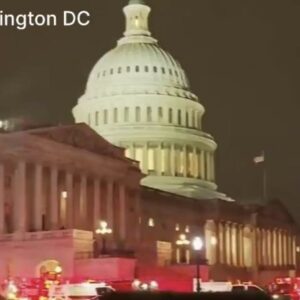🚨Kentucky has officially scrapped its in-state tuition policy for illegal immigrants after a Justice Department lawsuit led by Pam Bondi.
👉 The policy had allowed undocumented students who graduated from Kentucky high schools to pay the same tuition rate as U.S. citizens.
👉 State officials called the rule “nonsensical” and admitted it violated federal law.
👉 The change takes effect immediately — with tuition hikes of up to 152% for undocumented students.
👉 Civil rights groups are already gearing up to fight the decision in court.
Was this the right move to protect fairness for U.S. citizens — or an unnecessary blow to students who grew up in Kentucky? 👀
Kentucky has officially ended its policy allowing in-state tuition rates for illegal immigrants. The move comes in response to growing legal pressure and controversy surrounding the use of taxpayer-funded benefits for individuals residing in the country without legal status.
The policy reversal follows a Justice Department lawsuit spearheaded by former Florida Attorney General Pam Bondi. The lawsuit challenged the legality of offering in-state tuition to undocumented students, arguing that such benefits violated federal immigration laws and placed an unfair burden on taxpayers.
Supporters of the change argue that offering discounted tuition to non-citizens created an incentive for illegal immigration and was inherently unfair to out-of-state U.S. citizens who pay higher rates. They claim that taxpayer dollars should prioritize legal residents and that education benefits must align with immigration law.
Opponents of the decision, however, argue that rescinding the policy will limit educational access for young people who were brought to the U.S. as children and have lived in Kentucky for most of their lives. Critics warn that the move could have long-term social and economic consequences by restricting higher education opportunities for a segment of the population already integrated into local communities.
As the national debate over immigration and education continues, Kentucky’s decision is expected to set a precedent that may influence similar policies in other states. With legal and political tensions mounting, the issue is likely to remain a hot-button topic heading into the next election cycle.




